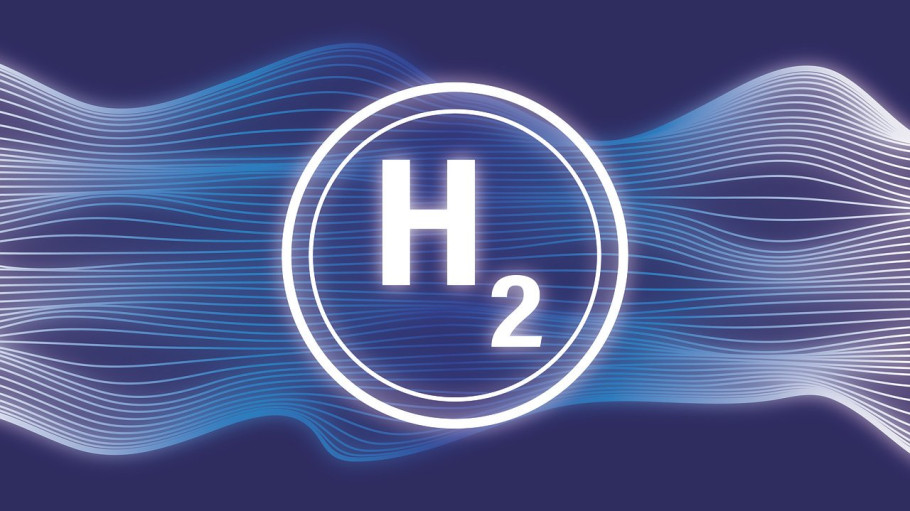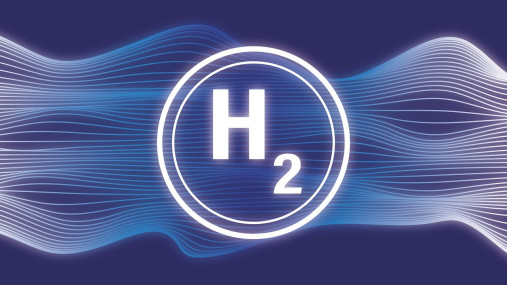
Publications » Position papers » Implementation of RFNBOs targets in industry
Implementation of RFNBOs targets in industry
Downloads and links
Recent updates

➢ The use of hydrogen in the steel industry yields the highest CO2 abatement potential per tonne consumed with lower and upper ranges comprised between 16kgCO2/kgH2 and 23kgCO2/KgH2.
➢ The European steel sector is expected to be the largest hydrogen industrial user making up 26% of total demand (industry, power, transport) and making it a key driver of the market ramp-up – if the right conditions are in place.
➢ The current levels of hydrogen production in Europe, alongside the corresponding infrastructure must speed up considerably for the steel sector to succeed in its uptake efforts.
➢ National hydrogen policies should be centred upon promoting and enabling the efficient use of clean hydrogen in sectors yielding the highest CO2 emissions abatement potential and with no cost-efficient alternatives to decarbonise.
➢ The RFNBOs (Renewable liquid and gaseous Fuels of Non-Biological Origin) industrial target shall be based on a realistic and holistic assessment of supply and demand, taking international competitiveness into account.
➢ The responsibility to achieve the RFNBOs consumption targets shall be placed at the Member State level with no binding obligation on individual companies.
➢ Provide enabling framework conditions supporting the final uptake of renewable hydrogen in industrial uses as a key precondition for the imposition of consumption targets – which includes:
o Endorsing the prioritisation principle in all national initiatives and policies;
o Closing the price gap for renewable hydrogen via targeted funding schemes such as the European Hydrogen Bank;
o Adopting short-term solutions to alleviate wholesale electricity prices for energy-intensive industries;
o Maintaining a flexible approach in the rules on the production of renewable hydrogen established in the delegated act on additionality and correlation criteria;
o Improving the availability of and accessibility to renewable power and hydrogen purchase agreements (i.e., respectively PPAs and HPAs) for energy-intensive industries;
o Fostering the expansion of renewable energy capacity by concretely accelerating and streamlining administrative permit-granting processes as provided for in RED III in Art. 15+.
Full text available in the pdf below.

Download this publication or visit associated links
Strasbourg, 17 December 2025 – The European Commission’s latest proposals on the Carbon Border Adjustment Mechanism (CBAM), unveiled today, correctly identify several loopholes that risk undermining its effectiveness, notably regarding EU exports, downstream sectors and circumvention practices. However, despite these laudable efforts, the measures put forward fail to deliver a comprehensive and durable response to carbon and jobs leakage, warns the European Steel Association (EUROFER).
A milestone occasion to quickly and effectively restore affordable electricity, to relaunch the
decarbonization and strengthen the international competitiveness of the European steel
industry.
Brussels, 02 December 2025 – Unchanged negative conditions – U.S. tariffs and trade disruptions, economic and geopolitical tensions, protracted weak demand and still high energy prices – continue to weigh on the European steel market. EUROFER’s latest Economic and Steel Market Outlook confirms for 2025 another recession in both apparent steel consumption (-0.2%, unchanged) and steel-using sectors (-0.5%, revised from -0.7%). A potential recovery is expected only in 2026 for the Steel Weighted Industrial Production index (SWIP) (+1.8%, stable) and for apparent steel consumption (+3%, slightly revised from +3.1%) – although consumption volumes would still remain well below pre-pandemic levels. Steel imports retained historically high shares (27%), while exports plummeted (-9%) in the first eight months of 2025.